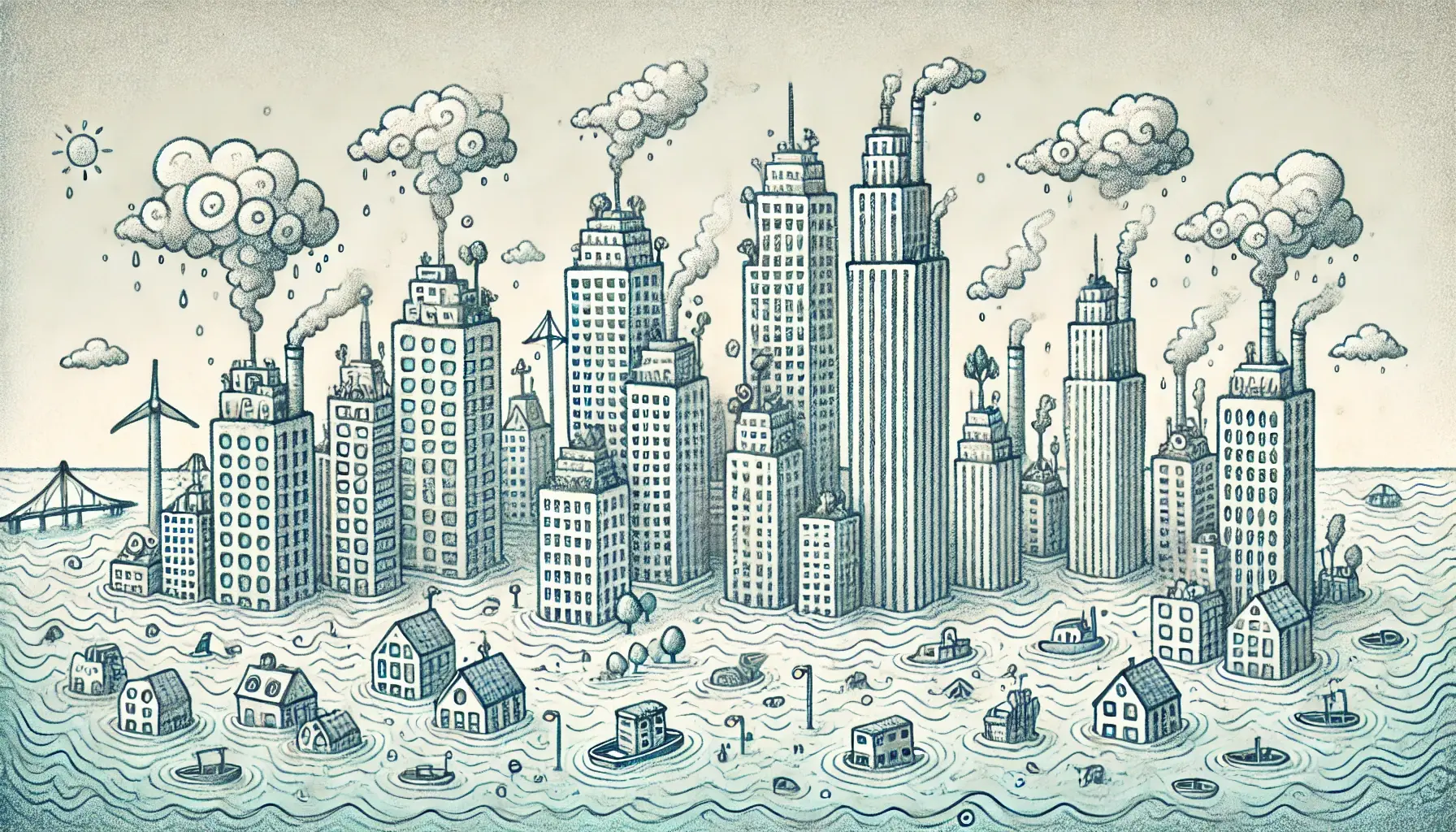The IPCC and Climate Change: The Science, The Action, and The Road Ahead
What is the IPCC, and Why Does It Matter?
Imagine standing at the edge of a vast forest, feeling the whisper of the wind through the trees. Now, imagine that very forest slowly fading away, taking with it the very breath of life. This is the world we risk if we fail to heed the warnings of climate science. Enter the Intergovernmental Panel on Climate Change (IPCC)—the world’s foremost authority on climate science, assessing and guiding global efforts to combat climate change.
Established in 1988 by the United Nations Environment Programme (UNEP) and the World Meteorological Organization (WMO), the IPCC does not conduct its own research but synthesizes scientific studies to provide governments with the most reliable and up-to-date climate data. Their reports are the backbone of international climate negotiations, shaping policies and influencing global climate agreements like the Paris Accord.
As former UN Secretary-General Ban Ki-moon once said, "Climate change does not respect borders; it does not respect who you are—rich and poor, small and big. Therefore, this is what we call global challenges, which require global solidarity." (Ki-moon, 2014).
The IPCC’s 2023 Meeting: What Happened, and Were They Fruitful?
The year 2023 saw the release of the IPCC’s Sixth Assessment Synthesis Report, marking the culmination of a decade of research. The key takeaway? We are on a knife’s edge.
Key Findings from 2023
1. Global temperatures have already risen 1.1°C above pre-industrial levels, and we are dangerously close to the 1.5°C threshold (IPCC, 2023).
2. Climate impacts—raging wildfires, devastating floods, and prolonged droughts—are no longer predictions but daily headlines (IPCC, 2023).
3. The most vulnerable nations, especially low-lying island states and developing economies, are facing existential threats (IPCC, 2023).
Recommendations and Implementation Plan
1. Phasing out fossil fuels: Countries must rapidly shift to renewable energy sources (IEA, 2023).
2. Ending deforestation: The role of trees and forests in carbon sequestration cannot be overstated (WWF, 2023).
3. Climate finance: Developing nations need support from richer economies to transition to greener industries (UNFCCC, 2023).
Was the 2023 meeting fruitful? Yes and no. While the scientific clarity was undeniable, political commitments fell short. Many countries agreed on the need for action but failed to translate that into concrete policies.
As climate activist Greta Thunberg said, “Hope is not passive. Hope is taking action. Otherwise, it’s just wishful thinking.” (Thunberg, 2019).
The 62nd IPCC Session in Hangzhou, China (Feb 2025): What Can We Expect?
1. Strengthening Climate Adaptation Measures
It’s no longer just about mitigation; we need to adapt to the climate crisis. Expect discussions on:
1. Urban climate resilience strategies (IPCC, 2024).
2. Sustainable agriculture and food security (FAO, 2024).
3. Disaster preparedness and response plans (WMO, 2024).
2. The Role of Trees in Climate Solutions
If there is one underutilized weapon in the fight against climate change, it is trees. Forests absorb one-third of the CO₂ emissions humans produce annually (IPCC Special Report, 2022). Yet, deforestation continues at an alarming rate.
“A tree is our most intimate contact with nature.” – George Nakashima (Nakashima, 1981).
The IPCC must push for a global tree restoration initiative—a commitment to planting, protecting, and managing forests. Expect agroforestry and urban greening to take center stage in discussions.
3. Implementation of Climate Pledges
After countless climate conferences and agreements, the real question remains: Are countries actually meeting their targets? The Hangzhou session is expected to introduce:
1. A transparent accountability framework to track climate progress (UNEP, 2024).
2. Stronger legal commitments for nations lagging in emission cuts (IPCC, 2024).
3. Faster phase-outs of coal and oil in energy sectors (IEA, 2024).
Trees and the Future of IPCC: A Call to Action
Picture this: Instead of empty climate pledges, imagine a world where every policy includes tree conservation as a non-negotiable strategy. A world where urban cities are lined with green canopies, where mangrove forests are shielded rather than destroyed, and where reforestation is as important as reducing carbon emissions.
As we approach the 62nd IPCC meeting, it is imperative that trees are not an afterthought but a central pillar of climate discussions. We need to shift from talk to action.
As Wangari Maathai, Nobel Laureate and environmentalist, once said, "When we plant trees, we plant the seeds of peace and hope." (Maathai, 2004).
The question is not whether we can afford to act. The real question is—can we afford not to?
References
Ki-moon, B. (2014). Speech at the UN Climate Summit. United Nations. Retrieved from https://www.un.org/en/climatechange
Thunberg, G. (2019). Speech at the UN Climate Summit. United Nations. Retrieved from https://www.un.org/en/climatechange
IPCC (2023). Sixth Assessment Report. Retrieved from https://www.ipcc.ch/report/ar6/syr/
IEA (2023). The Role of Renewable Energy in Climate Mitigation. Retrieved from https://www.iea.org/reports/renewables-2023
WWF (2023). Deforestation and Climate Change. Retrieved from https://www.worldwildlife.org/initiatives/forests
UNFCCC (2023). Climate Finance for Developing Nations. Retrieved from https://unfccc.int/topics/climate-finance
FAO (2024). Sustainable Agriculture and Food Security. Retrieved from https://www.fao.org/sustainability/en/
WMO (2024). Climate Resilience and Disaster Preparedness. Retrieved from https://public.wmo.int/en/our-mandate/climate



